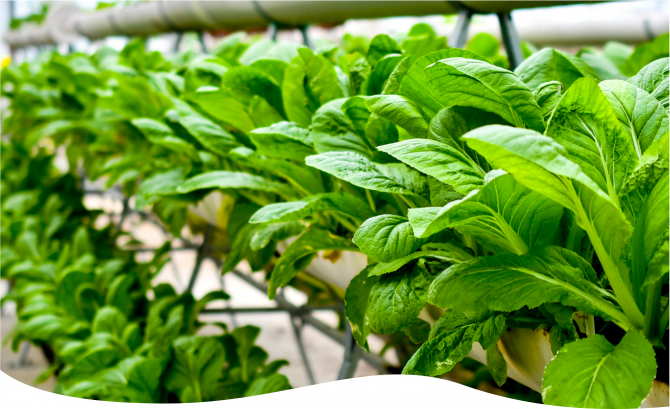

Why A More Sustainable And Robust Food System Must Become A Central Focus For UK Climate Policy
18/02/2022January 14th 2021
How Can UK Farming Reach Net Zero?
Farming • Industry News • Blog Posts
January 14th 2021
How Can UK Farming Reach Net Zero?
Farming • Industry News • Blog Posts
How Can Farmers Become More Sustainable?
Nutrient Management
Land nitrous oxide emissions have a warming effect 298 times that of carbon dioxide. Careful nutrient management can reduce nitrous oxide emissions. Excess nitrogen can damage organic matter in soils and leads to polluted waterways, resulting in algal blooms and oxygen depletion. Due to potential harms to public health, 30% of groundwater supplied to households is now treated for nitrate, at significant cost, in order to meet tap water standards. The Environment Agency reports that 55% of England is now designated as a Nitrate Vulnerable Zone, in which excess nitrate contributes to water pollution, with 70% of the nitrate polluting our waterways originating from agricultural runoff. Climate change will continue to exacerbate the problem by causing more frequent storm events, leading to increased nitrate runoff.
As with most pollution challenges, prevention is much simpler and more affordable than the cure. One solution is to apply less fertiliser more strategically, by supplying the fertiliser blend most appropriate to the crop, at the right time, in the right areas, and at the right rate. Even more effective are regenerative land practices which eliminate the use of artificial fertiliser. Transitioning to regenerative land practices is now gaining increasing financial supported from a range of government grants and services.
Learn More.
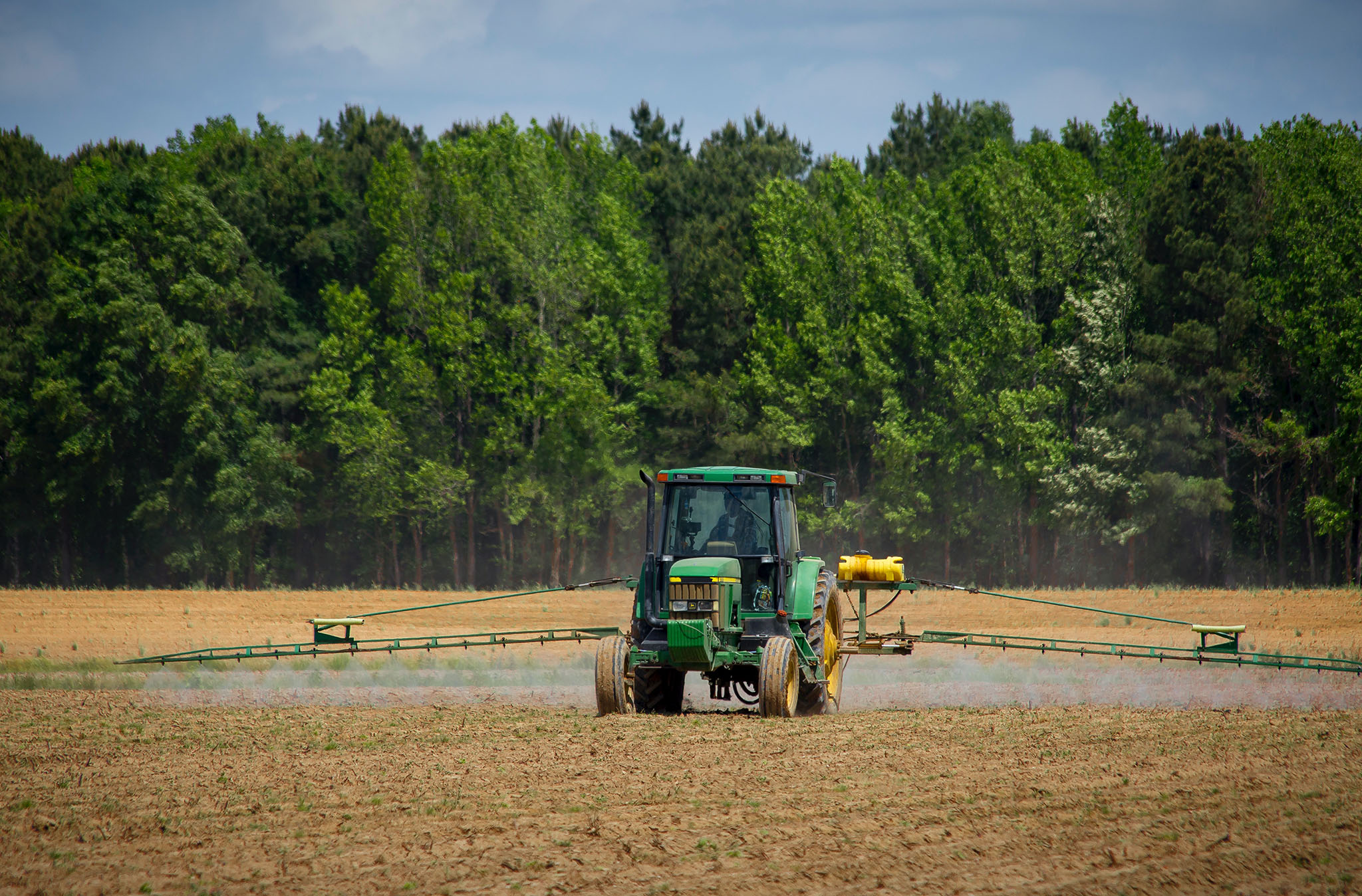

Efficient Irrigation
While much of the UK does not require irrigation, there is significant usage in the midlands, east and southeast of England. Three quarters of water volume used to irrigate agriculture and horticulture are sourced from catchments that are already experiencing severe water stress. Climate change is expected to cause more frequent and severe droughts that will increase competition for these already stressed water resources. Allowable abstraction rates must be well-managed to meet the needs of agriculture, in balance with other sectors, without harming the environment.
Improving irrigation efficiency increases crop yield while decreasing soil erosion. It is important to manage stressed water supplies, and the energy required to pump and distribute the water. If irrigation is required to maximise yields, the environmental impact can be limited by using it in a targeted manner, reducing carbon dioxide emissions from energy consumption, and optimising water usage using precision agriculture.
Further information on efficient irrigation solutions is provided in a report funded by the UK Irrigation Association.
Learn More.
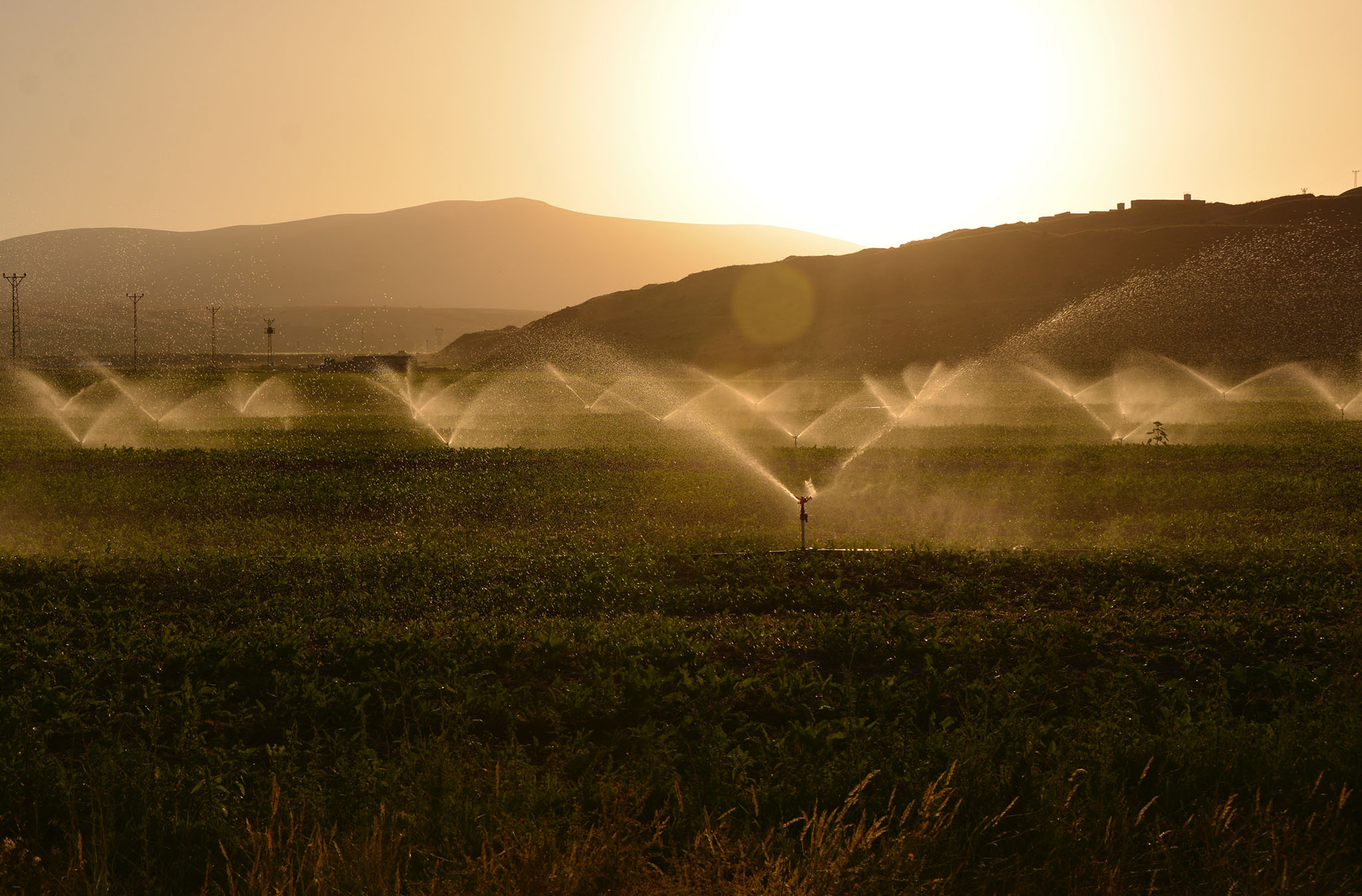

Managed Grazing
Managed or conservation grazing focuses on optimising livestock grazing and the timing and intensity of grazing. Managed grazing imitates the behaviour of migratory herds, specifically, having limited periods of livestock grazing an area followed by allowing the land to rest before animals return. Project Drawdown suggests 3 levels of managed grazing that aim to improve soil health, sequester carbon, and enhance water retention and forage productivity:
- Improve continuous grazing by adjusting standard practices and reducing the density of animals.
- Apply rotational grazing with livestock moved between fields, allowing those recently grazed to recover.
- Introduce adaptive multi-paddock grazing where livestock is moved between smaller paddocks in quick succession, allowing greater recovery time between periods of grazing.
Using such techniques can be very good for soil health and may sequester from 0.5 to 3 metric tons of carbon per acre. Additional guidance on the benefits of and how best to approach conservation grazing is available from the Department for Environment, Food, and Rural Affairs.
Learn More.
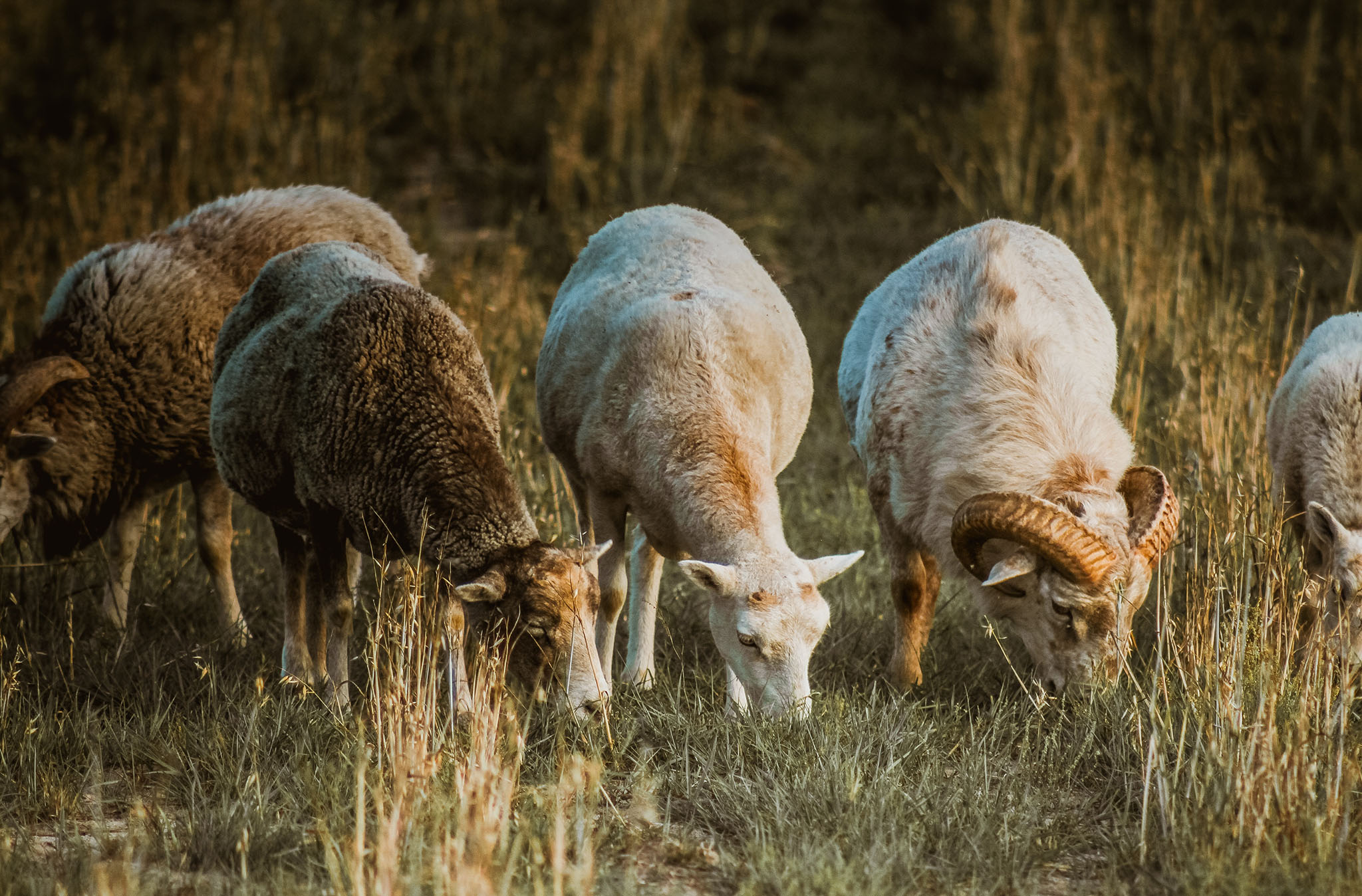

Conservation Agriculture
Conservation agriculture is a system of growing annual crops using cover crops, crop rotation, and minimal tilling to protect soil, avoid emissions, and sequester carbon. Due to the large area of land currently used to grow annual crops, conservation agriculture has the capacity to sequester significant amounts of carbon in soil even though the rate of sequestration isn’t the highest at about 0.5 metric tons of carbon per acre. Additionally, conservation agriculture increases soil resilience to weather events such as droughts and rainfall-induced flooding which will worsen as a result of climate change.
A common concern with no-tillage approaches to agriculture is the increased need for herbicides, as weeds will no longer be disrupted by tillage. Conservation Agriculture UK estimates that the money saved by direct drilling with no-tillage (instead of potentially multiple tillage operations plus seeding) covers or exceeds the additional cost of the direct sowing machinery and increased herbicide use, while increasing crop yields and reducing labor costs.
Learn More.
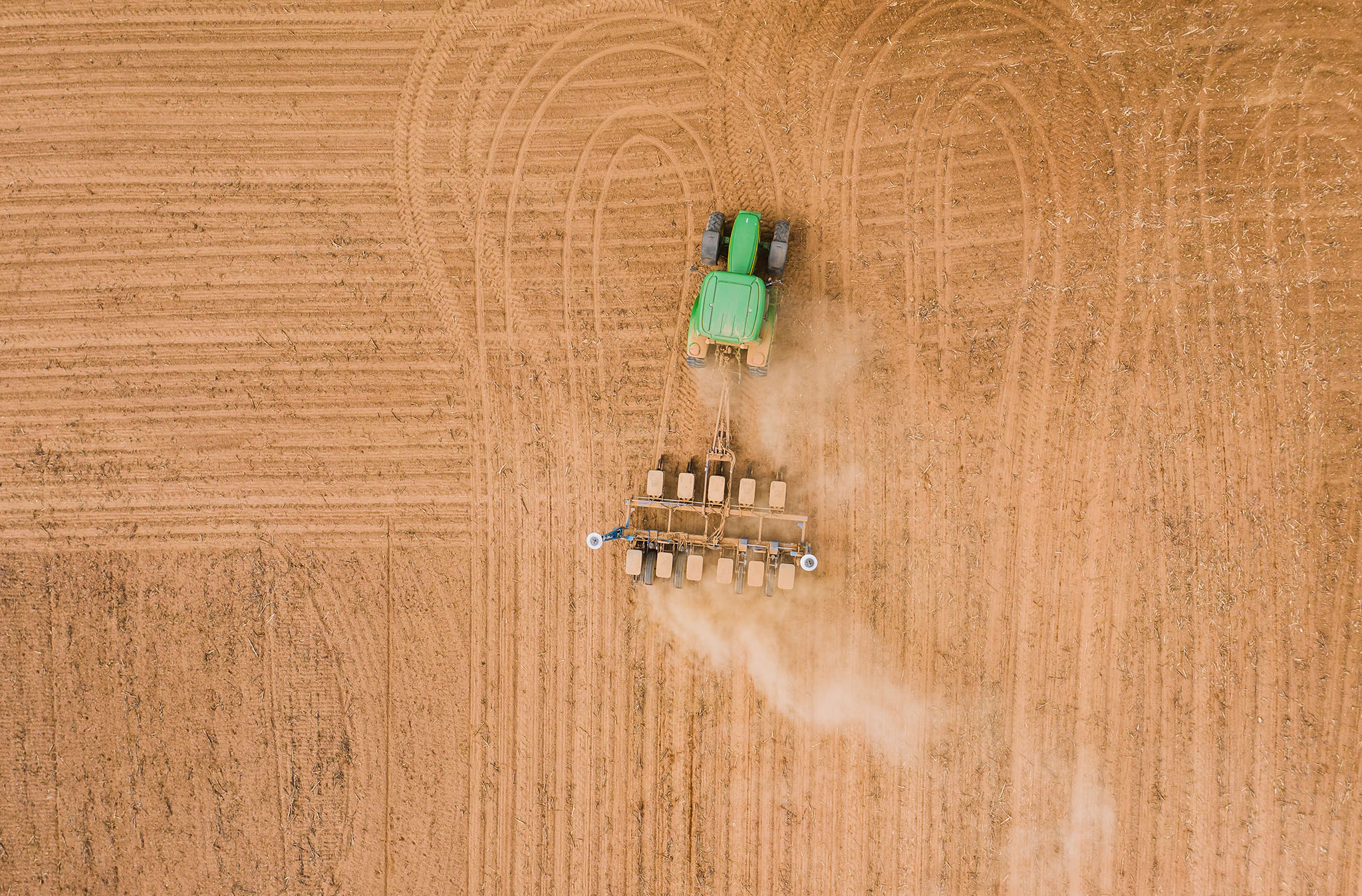

Regenerative Annual Cropping
Conservation agriculture can be taken a step further to achieve increased soil organic matter with further reductions in emissions and more carbon sequestered by utilising regenerative annual cropping. This seeks to enhance the health and productivity of soil by enhancing its carbon content by building on the practices of conservation agriculture with:
- No external nutrients / synthetic fertilisers applied
- No pesticides
- Diverse crops
- Utilising grazing animals
Project Drawdown reports that regenerative annual cropping enables vital microbes to proliferate, roots to grow deeper, increased nutrient uptake, improved water retention, and increased pest resistance and soil fertility. They calculated the carbon storage to be in the region of 25–60 metric tons of carbon per acre for a 10+ year project.
In the UK, the Groundswell group holds an annual regenerative agriculture event and reports interest growing both within the agricultural sector and amongst policy makers. It is expected that the new government Environmental Land Management schemes will support and financially reward farmers for moving to these and other regenerative techniques to support the farming community in reaching its net zero goals.
Learn More.
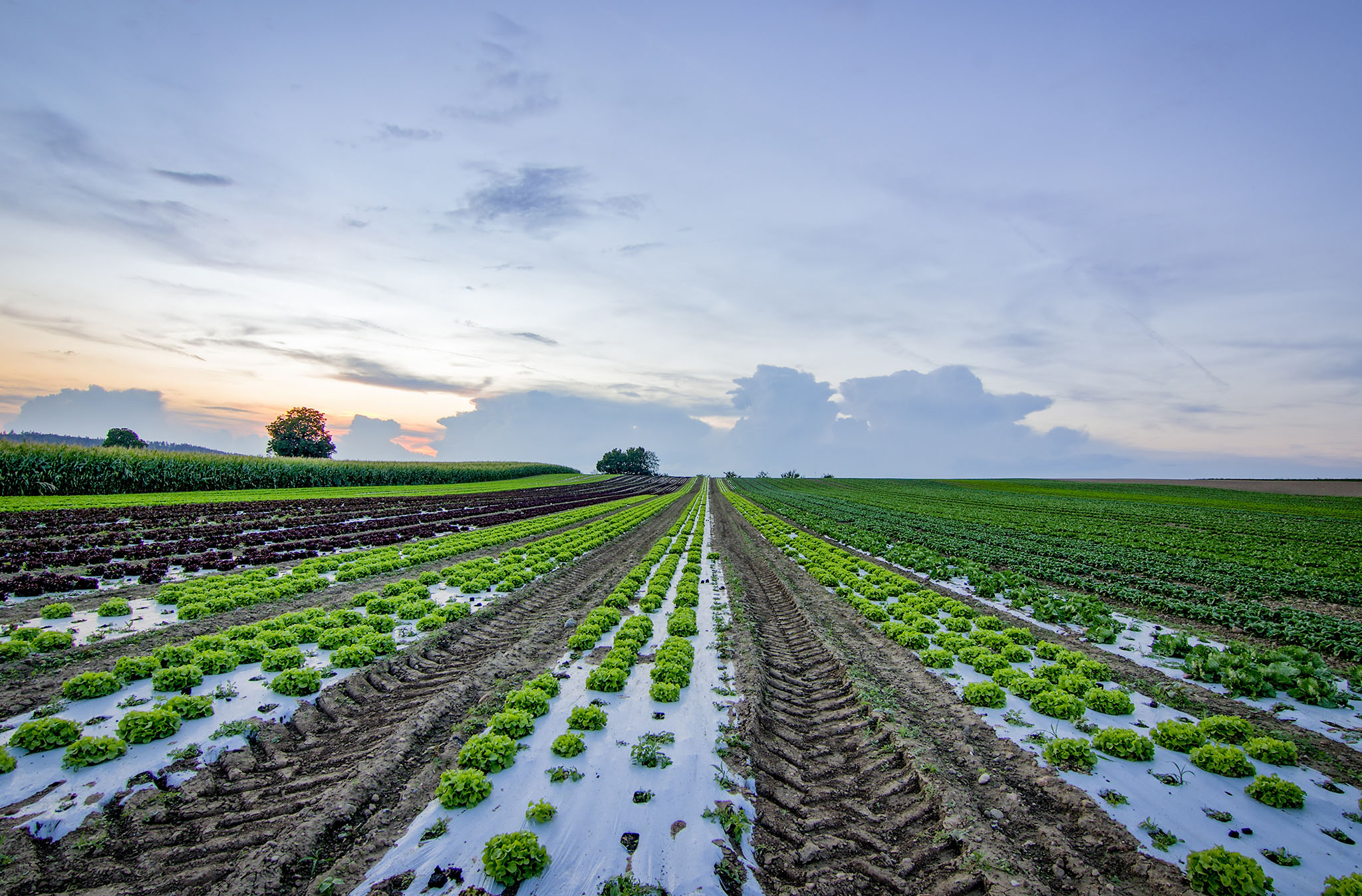

Farmers must be part of the solution in the fight against climate change, and achieving net zero will require support and collaboration across the sector. At Climate Spheres UKTM, we are working with organisations across the food system to prepare UK agricultural for the worsening impacts of climate change whilst aiming to make the entire sector more sustainable. To learn more about Climate Spheres UKTM, or to understand how the work we are doing can benefit you or your organisation, please contact us.
Resources & Links
- National Farmers Union https://www.nfuonline.com/
- NFU net-zero plan https://www.nfuonline.com/archive?treeid=137544
- Nutrient management https://drawdown.org/solutions/nutrient-management
- EA nitrogen report https://consult.environment-agency.gov.uk/++preview++/environment-and-business/challenges-and-choices/user_uploads/nitrates-pressure-rbmp-2021.pdf
- Efficient irrigation https://drawdown.org/solutions/farm-irrigation-efficiency
- UK irrigation report https://www.nfuonline.com/archive?treeid=141830
- UK Irrigation Agency https://www.ukia.org/
- Managed grazing https://drawdown.org/solutions/managed-grazing
- Defra guidance on conservation grazing https://www.gov.uk/guidance/graze-with-livestock-to-maintain-and-improve-habitats
- Conservation agriculture https://drawdown.org/solutions/conservation-agriculture
- Conservation Agriculture UK http://www.conservation-agriculture.co.uk
- Regenerative annual cropping https://drawdown.org/solutions/regenerative-annual-cropping
- Groundswell Group https://groundswellag.com/principles-of-regenerative-agriculture/













